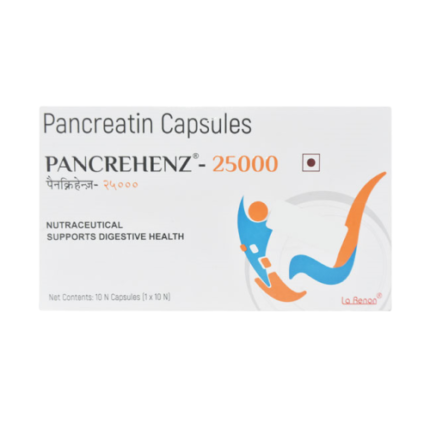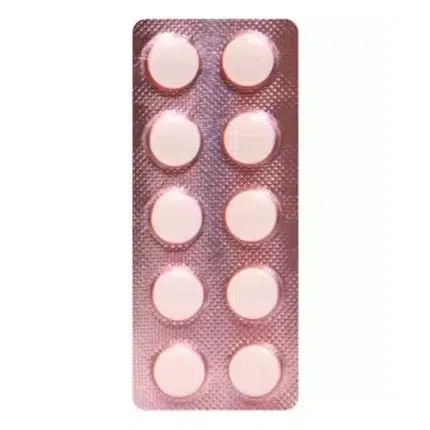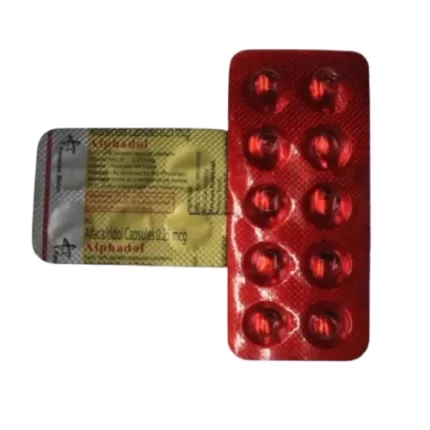Introduction to Unizox 1gm Injection
Unizox 1gm injection contains the active ingredient Ceftizoxime, which is used to treat a wide range of bacterial infections. It works by disrupting the bacteria’s ability to form cell walls, ultimately leading to their death. This medication is particularly useful in treating infections caused by bacteria that are resistant to other antibiotics or when a broader spectrum of coverage is required. Unizox is commonly prescribed for urinary tract infections (UTIs), respiratory tract infections, skin and soft tissue infections, intra-abdominal infections, and certain types of sepsis. It may also be effective in treating conditions like cellulitis, abscesses, and other skin and soft tissue infections caused by susceptible bacteria, as well as intra-abdominal infections like peritonitis. Cellulitis is a bacterial skin infection characterized by redness, swelling, and pain, typically resulting from bacteria entering through a wound or break in the skin. Urinary tract infections (UTIs) are bacterial infections that affect the urinary system, leading to symptoms such as frequent urination, pain, and discomfort.
Uses of Unizox 1gm Injection
- Urinary tract infections (UTIs)
- Respiratory tract infections
- Skin and soft tissue infections
- Intra-abdominal infections
- Gynecological infections
- Sepsis and bloodstream infections
- Surgical prophylaxis
- Bone and joint infections
- Bacterial meningitis
Therapeutic Effects of Unizox 1gm Injection
Unizox 1gm injection interferes with bacterial cell wall synthesis by inhibiting the formation of peptidoglycan, a crucial cell wall component. This weakens the cell wall’s integrity, leading to bacterial cell lysis and death. This medication primarily targets gram-negative bacteria and is effective against many bacterial species.
Interaction of Unizox 1gm Injection with other drugs
Inform the doctor about your medicines, including prescription, over-the-counter, nutritional or vitamin supplements, and herbal products. Certain medications may interact with Unizox 1gm injection, reducing effectiveness by causing undesirable side effects.
More Information about Unizox 1gm Injection
- Store at room temperature, up to 20°C to 25°C.
- Keep away from moisture, heat, and light.
- It should not be frozen.
- Keep away from children and pets.
How to consume Unizox 1gm Injection
Unizox 1gm injection can be administered through two main routes: intravenous (IV), where the medication is directly infused into a vein for rapid effect, and intramuscular (IM), which involves injection into a muscle for slower absorption. The choice between these routes depends on the severity of the infection and the patient’s condition, as determined by healthcare professionals.
Safety Advices

Pregnancy
It is unknown whether Unizox 1gm injection is safe in pregnancy or not, so it should be used during pregnancy only if clearly needed and under the guidance of a healthcare provider.

Breast Feeding
Unizox 1gm injection is generally considered safe during breastfeeding. However, it’s important to consult a healthcare professional before using it to assess potential risks and benefits.

Lungs
When considering Unizox 1gm injection for individuals with lung conditions, it’s important to communicate your medical history to your healthcare provider.

Liver
Unizox 1gm injection should be used cautiously in individuals with pre-existing liver conditions. It’s important to inform your healthcare provider about any past liver problems you have or had.

Alcohol
It’s advisable to avoid alcohol consumption while taking Unizox 1gm injection. Alcohol is unsafe while taking this medication as it might interfere with the effectiveness of the medication and increase the risk of side effects.

Driving
Some individuals might experience side effects like dizziness or drowsiness. If these side effects occur, caution should be exercised while driving or operating machinery.
Side Effects
Side effects are unwanted symptoms caused by medicines. Even though all medicines cause side effects, not everyone gets them.
Serious
- Anaphylactic reactions
- Clostridium difficile-associated diarrhea (CDAD)
Common
- Gastrointestinal disturbances
- Skin reactions
- Injection site reactions
- Fever and liver enzyme elevation
Word of Advice
Individuals with known allergies to cephalosporin antibiotics or penicillins must exercise caution due to the potential for allergic reactions. Before starting Unizox 1gm injection, give a complete medical history, including kidney disorders, gastrointestinal conditions like colitis, liver problems, bleeding disorders, and diabetes, to the doctor. Special attention is needed for pediatric and older adult patients, as dosages might require adjustment based on age-related factors.
FAQs
Q 1. Should I complete the full course of Unizox 1gm injection treatment?
Yes, it’s important to complete the full course of treatment as prescribed by your healthcare provider, even if your symptoms improve before the course is finished.
Q 2. What should I do if I experience adverse reactions with Unizox 1gm injection?
If you experience severe allergic reactions, difficulty breathing, or any unusual symptoms while taking Unizox 1gm injection, seek medical attention immediately.
Q 3. Can Unizox 1gm injection cause antibiotic resistance?
Prolonged or inappropriate use of antibiotics can contribute to antibiotic resistance. Using Unizox 1gm injection responsibly as prescribed can help mitigate this risk.
Fact Box
Molecule name: Ceftizoxime
Pharmacological class: Third-generation cephalosporins
Therapeutic class: Antibacterial agents
Indications:
1. Urinary tract infections (UTIs)
2. Respiratory tract infections
3. Skin and soft tissue infections
4. Intra-abdominal infections
5. Gynecological infections
6. Sepsis and bloodstream infections
7. Surgical prophylaxis
8. Bone and joint infections
9. Bacterial meningitis

 MEDICINES
MEDICINES PATIENT ASSISTANCE PROGRAMS
PATIENT ASSISTANCE PROGRAMS IMPORTED MEDICINES
IMPORTED MEDICINES CONTACT US
CONTACT US Upload
Upload











Reviews
There are no reviews yet.